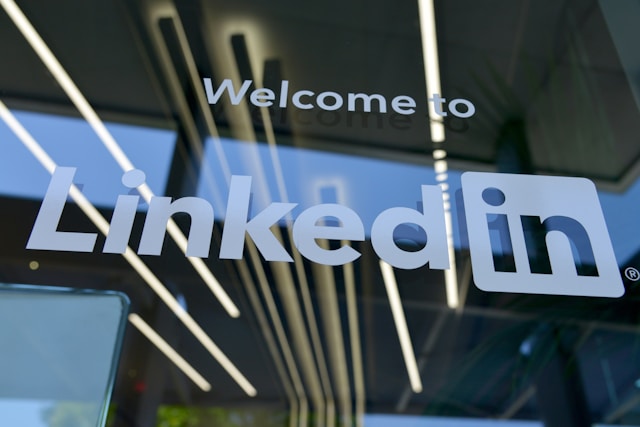Automation is everywhere, increasing efficiencies and reducing costs for companies in a host of ways. Human resource functions, in particular, are becoming increasingly automated, in part due to their complexity. Understanding HR and all its ins and outs is not easy, with many payroll intricacies and HR laws to navigate. Automation reduces those challenges significantly while also saving your company time and money.
But what kind of HR automation is available? Here we’ll cover some of the best examples of HR automation that could benefit your company considerably.
Recruiting and Hiring
One of the key functions of HR is to find the right talent for the company, but doing so can be a cumbersome process. Automation can help by automatically posting open positions and doing an initial scan of resumes received. You can even create a testing process for specific positions that can be sent and scored automatically, enabling you to find the applicants that have the skills that you’re looking for.
Offer letters can also be automatically generated and sent.
Onboarding Processes
When employees are hired, there are a host of things that need to happen before they can start working. Automation can handle sending the new hire paperwork and storing and organizing it after it’s received. It can automatically schedule training sessions or pair the new hire with an existing employee to help acclimate the new hire. Some automation systems can even handle the setup of the new hire on systems they’ll be using in their job, such as digital communication or project management tools.
Payroll
Handling payroll is a huge task, but automation can significantly reduce the burden of the person handling it. It can make payroll tax calculations, pay employees, generate reports, and trigger payroll tax payments. It also makes all payroll records easy to store and access.
Time Off
Systems can allow employees to input requests for time off for personal days, vacations, sick leave, or for other reasons. These requests can be automatically approved or sent to the person in charge of approving or denying requests. Once requests are approved, the time off can be automatically added to the employee’s record.
Expense Reimbursement
Expense tracking is cumbersome for both the employee and the HR department. Automation can allow employees to input their expenses as they come up, approve or deny expense reimbursement requests, and integrate with the payroll system to add the reimbursement to the employee’s pay.
Time Tracking
Time tracking apps can allow employees to quickly clock in and clock out from work and integrate with the payroll system to automatically calculate pay based on the hours worked. This is convenient for both the employee and the payroll department and can also improve the accuracy of an hour and pay calculations.
Benefits
Handling the administration of benefits is an arduous task, from benefits enrollment, approval, and implementation. Automation can handle the entire process, even benefit education, and integrate with payroll to calculate the proper deductions.
Performance Tracking
Performance tracking automation can measure productivity, goal achievement, and other performance KPIs. It will provide reports that can easily be analyzed so that issues can be addressed quickly.
Offboarding
Offboarding processes can be as tedious as onboarding. Documents need to be generated and signed, exit interviews must be scheduled, final payroll needs to be handled, system access must be updated, and company directories need to be updated. Automation can trigger and handle these tasks which can reduce the burden of the department and make the experience easier for the employee.
Benefits of HR Automation
Automating tasks comes with a host of benefits that make it worth the investment in automation technology.
- Improved productivity of the HR department, allowing the HR team to focus on higher-level tasks like decision-making and strategy building
- Increase employee engagement with automatic communication and easy access to information
- Improved employee experience
- Digital processes reduce the need for paper
- Reduces the risk of compliance issues
- Enhanced accuracy of payroll and payroll taxes
- Automatic reporting, reducing the need for HR employees to create reports
- Improves the process of talent attraction
- HR data is organized and can be easily analyzed to discover improvement needs or ways to cut costs
- Decreased operational costs of the HR department across the board
Choosing HR Automation Tools
There is no one size fits all HR automation system. Every company has different needs, so you’ll need to shop for a comprehensive system that has features that fit your needs.
Some features that you might want to look for include:
- Report generation and distribution
- Integrations between systems including payroll and accounting
- Access to information from any device
- Automatic alerts of required HR tasks
Prices will, of course, vary so choose a system that fits your budget as well. Just remember that automation is going to reduce your costs going forward, so you’ll see a healthy return on your investment.
In Closing
HR is a critical function within any company, and it generally requires multiple people handling any number of tasks. While automation doesn’t replace people, it can reduce the number of people that you need and increase the productivity of the people that you have.
Automation will require an investment, but the benefits that your company will gain, both in the short term and the long term, make that investment more than worthwhile.
Shop around and find a system to meet the specific needs of your company, and you’ll start reaping the rewards of your investment and have more time and money to focus on growing your business!






